What can I put in my septic tank?
Roberta_z5
18 years ago
Related Stories

LIFEThe Polite House: How Can I Kindly Get Party Guests to Use Coasters?
Here’s how to handle the age-old entertaining conundrum to protect your furniture — and friendships
Full Story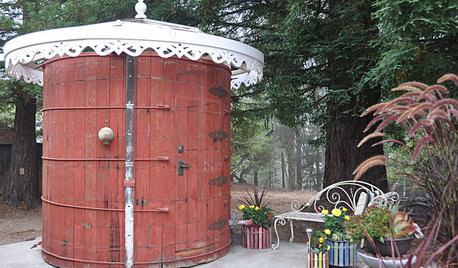
OUTBUILDINGSSee an Outdoor Bathroom Made From a Water Tank
This repurposed fixture in a California backyard is now the owners' favorite bathing spot
Full Story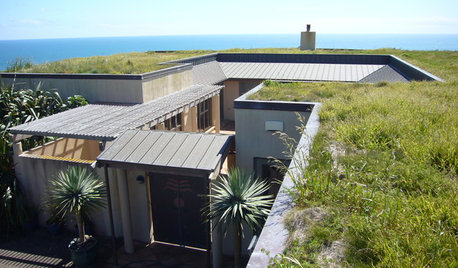
GREEN BUILDINGLiving Roofs Put Down Roots
No longer solely the domain of hippies — or hobbits — a green roof can be a hardworking partner in making your house sustainable
Full Story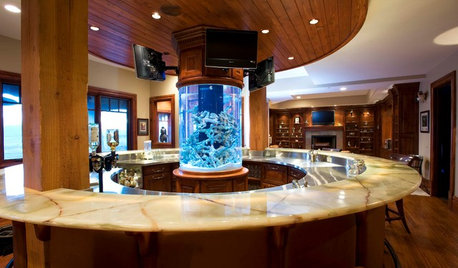
DECORATING GUIDESDesigning Nemo: 30 Fish Tanks Make a Decorative Splash
Bring an otherworldly glow and a calming vibe to your home with the living art of an aquarium
Full Story
BATHROOM DESIGNBath Remodeling: So, Where to Put the Toilet?
There's a lot to consider: paneling, baseboards, shower door. Before you install the toilet, get situated with these tips
Full Story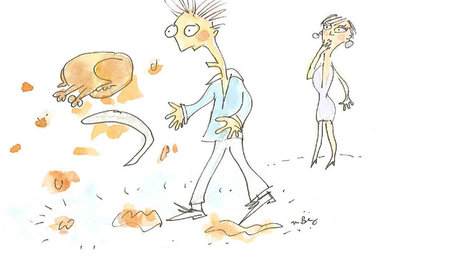
MOST POPULARThanksgiving Tales: When the Turkey Tanks
Houzz readers prove adept at snatching victory from the jaws of entertaining defeat
Full Story
HOUZZ TOURSWe Can Dream: Rural Retirement Home a Haven of Beauty and Tranquillity
A retired couple builds a spacious Japanese-inspired indoor-outdoor sanctuary to enjoy with extended family
Full Story
HOUZZ TOURSHouzz TV: See a Modern Family Farmhouse That Can Pick Up and Move
In the latest episode of Houzz TV, watch California architect build a beautifully practical cabin to jumpstart his parents' new farm
Full Story
DINING ROOMSRoom of the Day: Putting the Dining Room to Work
With a table for meals and a desk for bringing home the bacon, this dining room earns its keep
Full Story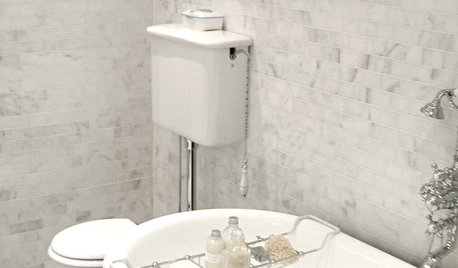
VINTAGE STYLEVintage Style: High-Tank Toilets
Homeowners are adding the feeling of yesteryear in today’s bathrooms
Full Story





BelindaM
dunwaukin
Related Professionals
Kapaa Landscape Architects & Landscape Designers · Bridgeport Landscape Contractors · Merced Landscape Contractors · San Benito Landscape Contractors · El Monte Fence Contractors · Midvale Fence Contractors · Oakland Fence Contractors · Olney Fence Contractors · San Leandro Fence Contractors · Waunakee Fence Contractors · Solana Beach Decks, Patios & Outdoor Enclosures · Detroit Decks, Patios & Outdoor Enclosures · Frisco Decks, Patios & Outdoor Enclosures · Markham Decks, Patios & Outdoor Enclosures · San Diego Decks, Patios & Outdoor EnclosuresBelindaM
erinluchsinger
bulldinkie
jleek
shellybabe
tankshill
mamacotti
sharon_sd
fivstar
dunwaukin
lucky_p
billie_ladybug
paulns
fivstar
billie_ladybug
sc_gardener
henhilton
doninalaska
roxlisa
cranberry15
msjay2u
brendan_of_bonsai
msjay2u
brendan_of_bonsai
dreamgarden
msjay2u
msjay2u
msjay2u
brendan_of_bonsai
seangenny_comcast_net
usmc_recon
seramas
brendan_of_bonsai
bill7
lolly19027_YAHOO_COM